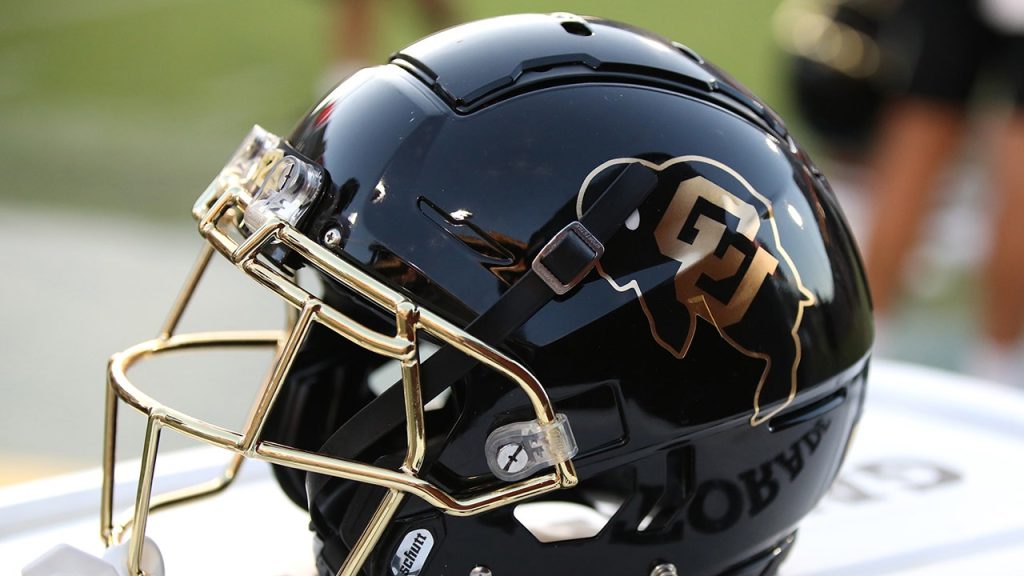Former Colorado Buffaloes football staff member Trevor Reilly resigned from his position due to a disagreement with the administration’s approach to the program’s name, image, and likeness (NIL) strategy. Reilly claimed he tried to secure funding from the Saudi Arabia’s Public Investment Fund (PIF), which sparked controversy as the PIF has been accused of “sportswashing” to hide unethical practices. In his resignation letter to the university, Reilly expressed frustration over the lack of support for his efforts, including trips to Saudia Arabia and Jordan to meet with potential investors. Despite his efforts, Reilly felt that the administration did not adequately support his initiatives, causing him to resign.
Colorado responded to Reilly’s resignation by stating that he acted independently and is no longer an employee of the university. Reilly, however, has been vocal about his actions beyond just speaking to the media. He traveled to Amman, Jordan, and met with the Jordanian government during the holiday season. Reilly also claims to have had a meeting with the Saudi Tourism Authority. He expressed disappointment over the outcome of his efforts, as well as frustration with Blueprint Sports, the organization managing Colorado’s NIL collective, 5430 Alliance. Reilly criticized Blueprint Sports for not understanding the intricacies of football and its unique language and operations.
Reilly, who had played in the NFL after his college career at Utah, joined Deion Sanders as a graduate assistant at Jackson State in 2021 before moving to Colorado in 2023. During his NFL career, Reilly played for the New York Jets, Miami Dolphins, and New England Patriots, accumulating one sack and 43 combined tackles over 37 games. Despite his experience in the NFL, Reilly struggled to make his initiatives successful within the Colorado football program due to a lack of support and understanding from the administration. His efforts to secure funding from the PIF and engage in international business opportunities were not met with the expected outcomes.
Reilly’s resignation shed light on the challenges faced by college football programs in navigating the complex landscape of NIL opportunities and investments. His experience highlighted the importance of aligning with appropriate partners and ensuring a thorough understanding of the unique aspects of football operations. Reilly’s frustration with the administration’s response to his efforts underscored the need for clear communication and support from university leadership in pursuing initiatives related to NIL and international business partnerships. Moving forward, universities and athletic programs may need to reassess their strategies for engaging with external partners and maximizing opportunities in the evolving NIL landscape.
The controversy surrounding Reilly’s resignation also raised questions about the ethical considerations involved in seeking funding from entities like the PIF, which have been accused of engaging in “sportswashing” to improve their public image. While seeking international investments may offer financial benefits for college football programs, it is essential for universities to evaluate the reputations and practices of potential partners to ensure alignment with their values and principles. Reilly’s efforts to secure funding from the PIF and other international entities demonstrated the complexities and challenges associated with navigating the evolving landscape of sports business partnerships and NIL opportunities. In light of this development, universities and athletic programs may need to prioritize transparency, integrity, and ethical considerations in their pursuit of external funding and partnerships.


